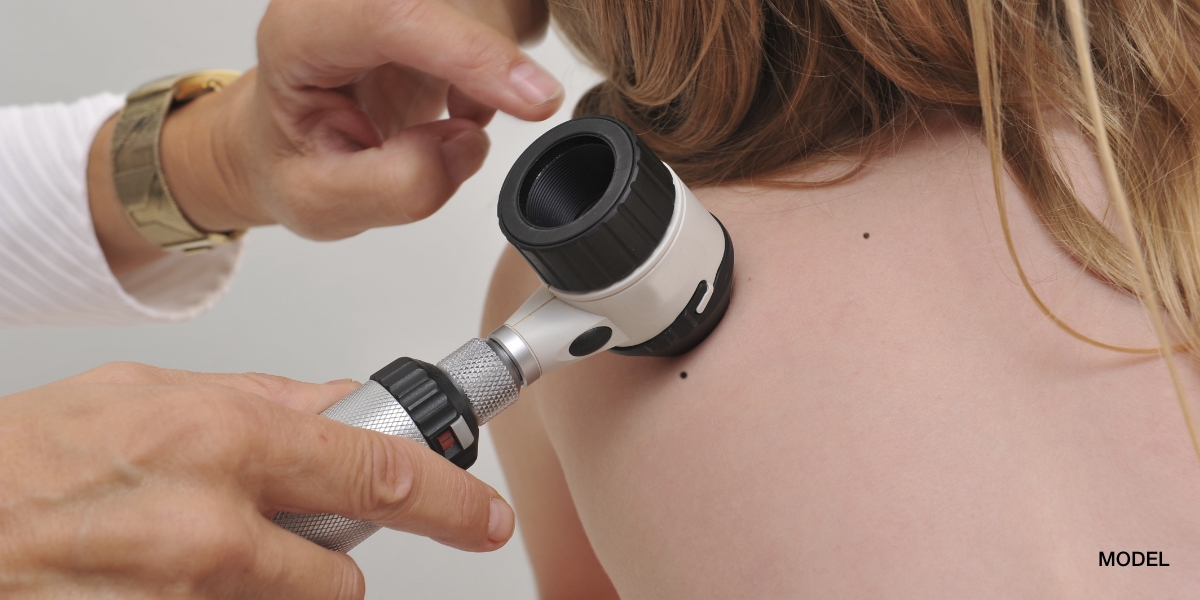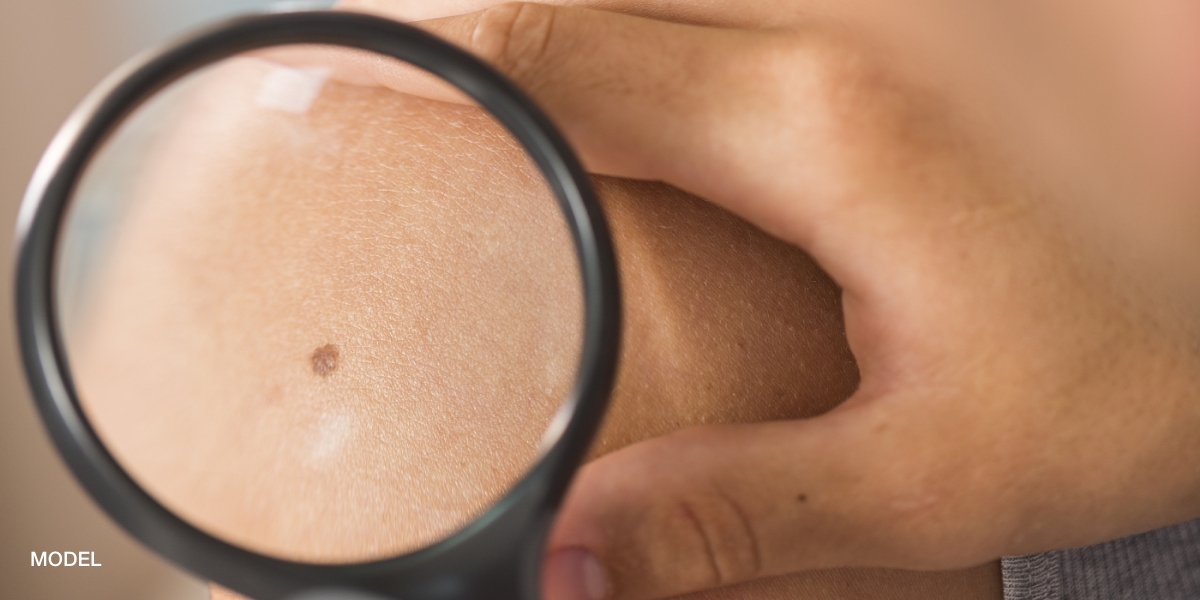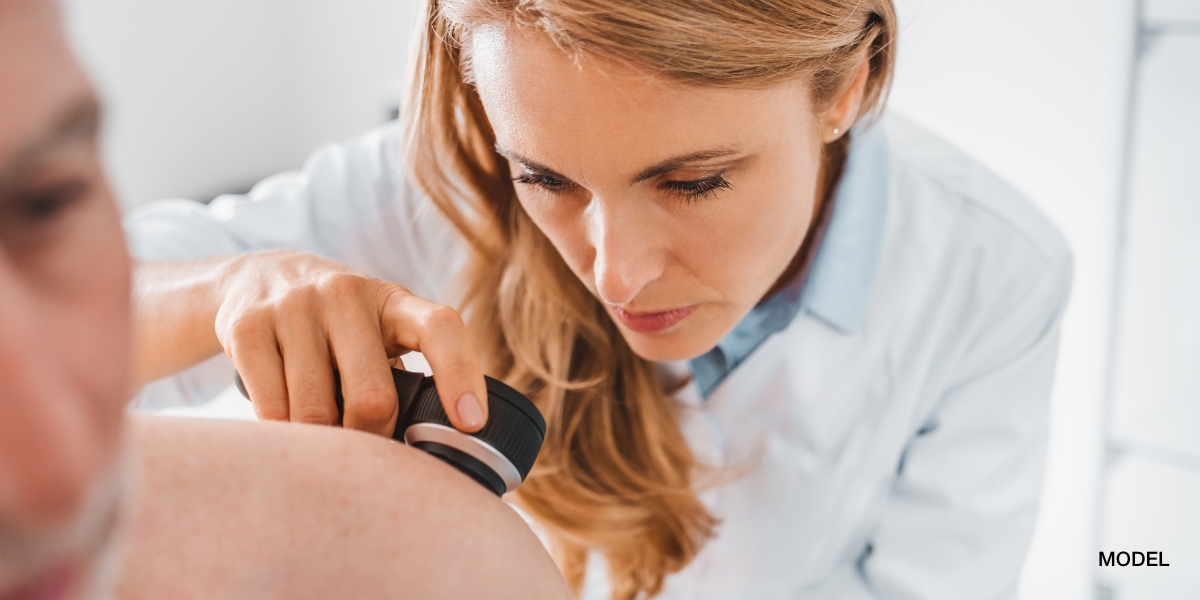December 15, 2024
It is normal to have an occasional pimple now and then. Factors such as stress, hormones, lifestyle, and even the skin care products you use can all contribute to outbreaks. Mild cases of acne can generally be treated at home and clear up in a few days without the help of a dermatology professional. However, it is important to know when to seek medical care for more serious acne issues.
Treating Acne Problems
Acne is a common condition that is not just limited to teenagers. Adults experience blemishes too. If you see small whiteheads or blackheads pop up, this is considered mild acne. Washing your face daily with a gentle cleanser and applying a topical acne medication can be enough to clear up outbreaks. A medical dermatologist may prescribe an antibiotic cream to kill bacteria.
Some people have more moderate acne that includes not just whiteheads and blackheads, but also inflamed red papules. Over-the-counter treatments are not as effective at remedying these bumps. Even with a good skin care regimen, you may still experience persistent outbreaks.
There are also cases of severe acne where patients develop deep cystic nodules that are prone to scarring. These bumps may feel hard under the skin and be painful. Picking at or popping them can make matters worse and leave lasting marks. These nodules can be difficult to treat and take longer to heal.
If you notice that you have moderate to severe acne, a dermatology consultation can be beneficial. These types of acne can require more intensive care. A medical dermatologist can evaluate your skin and determine the appropriate course of action to help you achieve clearer skin. This could include antibiotic creams or gels to eliminate bacteria and oral anti-inflammatory medications to control swelling. It may take a little time, but outbreaks will begin to clear up and appear less red and inflamed.
In addition, a medical dermatologist will monitor the progress of your treatment and adjust it as necessary depending on how your acne responds. They may try other interventions as well to keep blemishes and inflammation at bay. It is important to remember to be patient and avoid squeezing pimples because this can increase irritation, infection, and scarring.
Learn More About Medical Dermatology and Acne
Acne can be embarrassing or frustrating, but it does not have to be. Medical dermatology provides many options that can help you take back control, clear up acne, and minimize future outbreaks. If you notice that pimples are painful, red, inflamed, or hard to the touch, you may be experiencing moderate or severe acne. Contact Perri Dermatology to schedule an annual skin exam and learn more about acne treatment options.




